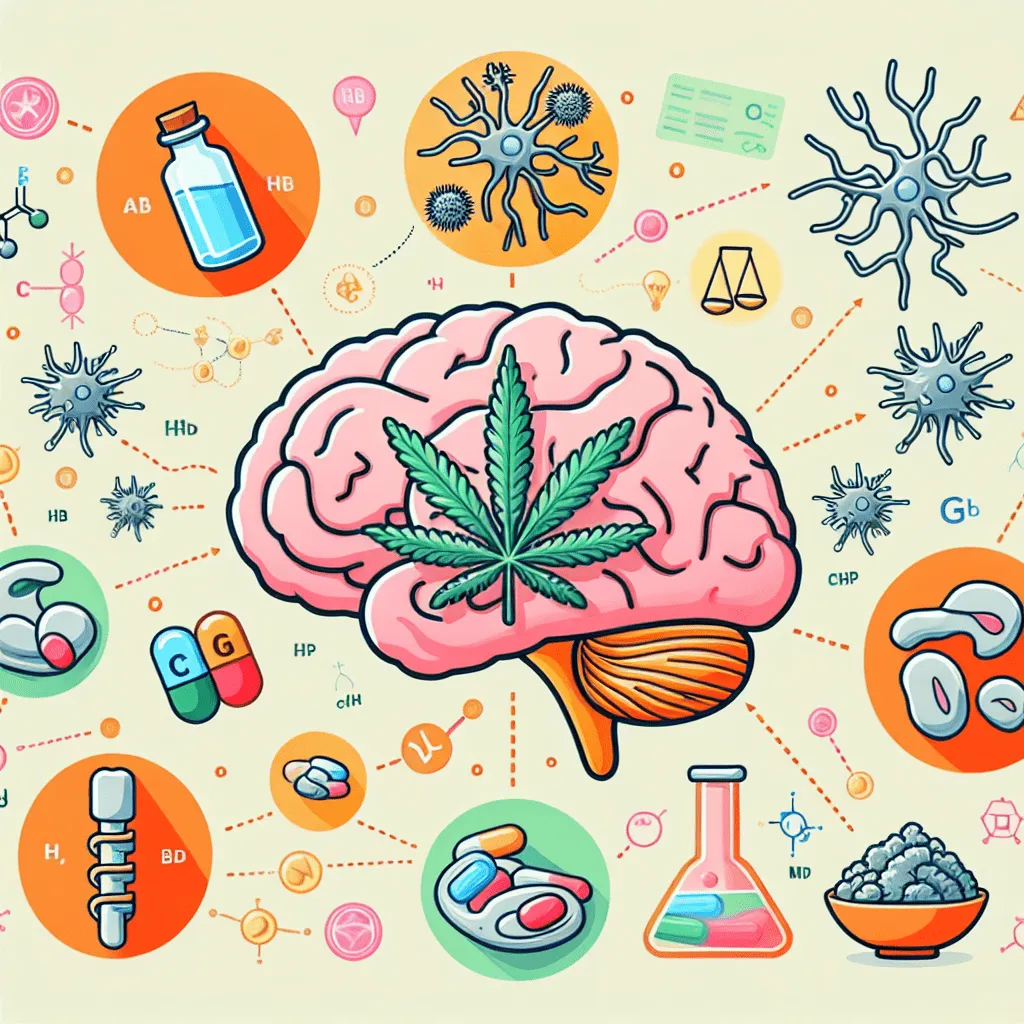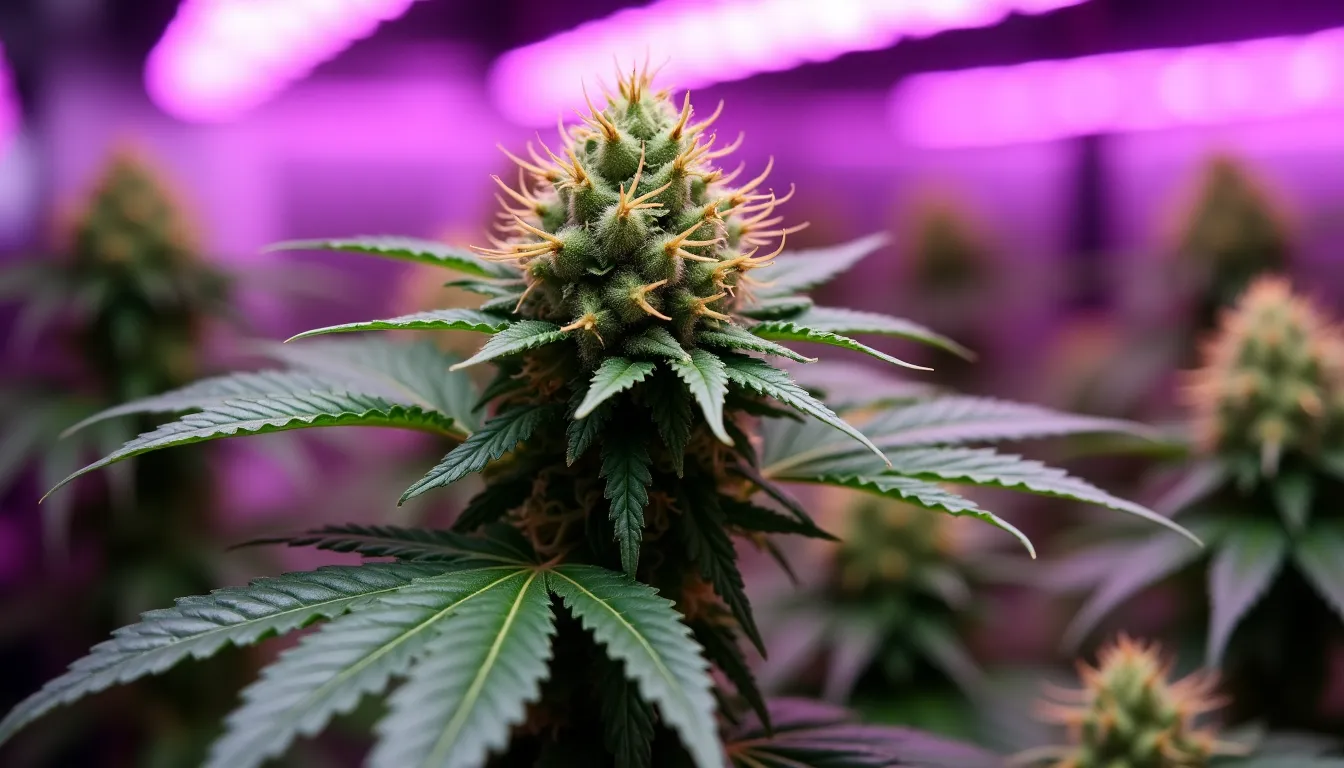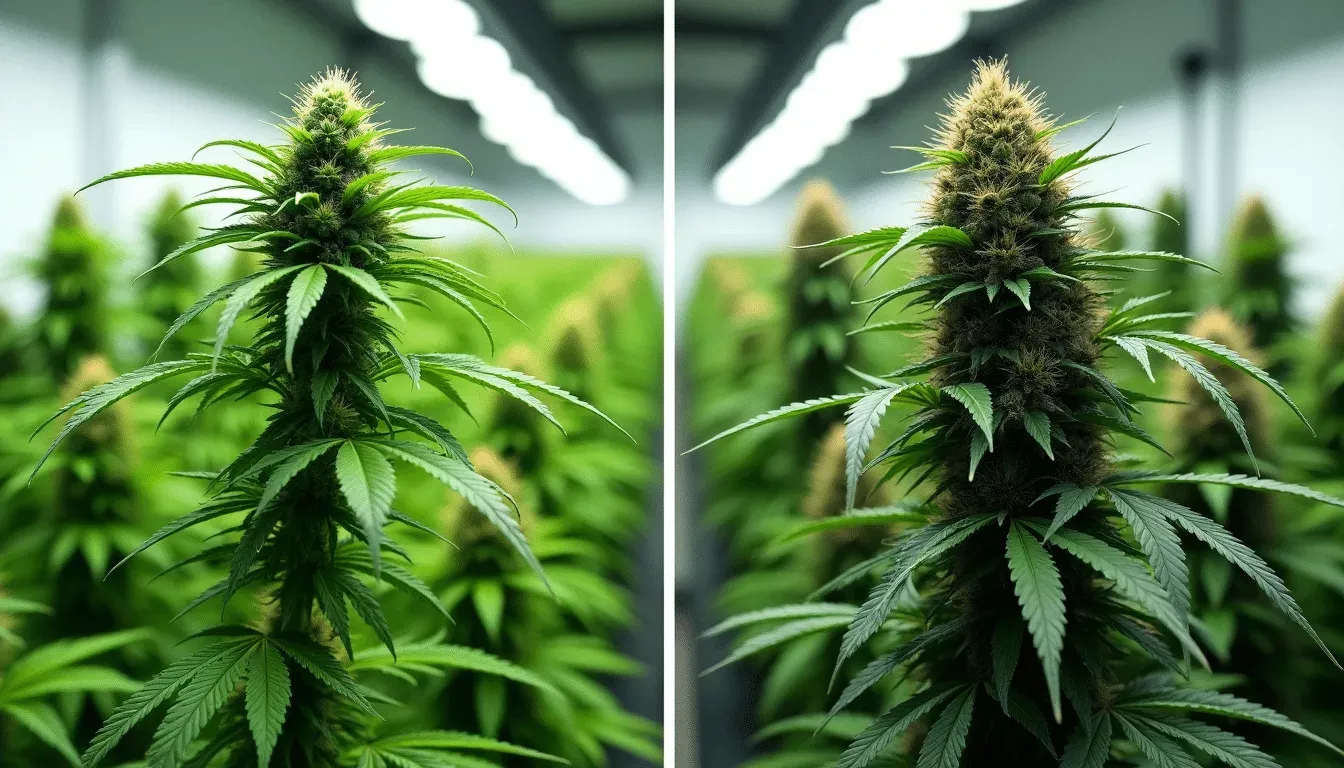Demystifying the Endocannabinoid System: A Beginner’s Guide
Introduction
Have you ever wondered how your body maintains balance, manages pain, or even impacts your mood and appetite? The answer lies in an intricate internal system known as the endocannabinoid system (ECS). While it might sound like the latest wellness buzzword, the ECS is a critical part of our biology, playing a pivotal role in homeostasis. In this guide, we will unravel the mysteries of the endocannabinoid system, explore its benefits and risks, and provide some actionable insights into how you can optimally support it.
What is the Endocannabinoid System?
The endocannabinoid system is a complex cell-signaling system identified in the early 1990s by researchers exploring THC, a well-known cannabinoid in cannabis. However, the ECS is present and active in your body even if you don’t use cannabis. It comprises three core components: endocannabinoids, receptors, and enzymes.
Endocannabinoids are molecules produced by your body. They’re similar to cannabinoids but naturally produced by your body. Two key endocannabinoids have been identified: anandamide (AEA) and 2-arachidonoylglyerol (2-AG), which work to keep internal functions running smoothly. Endocannabinoid receptors are found throughout your body, with CB1 receptors predominant in the brain and CB2 receptors more common in the peripheral organs, especially immune cells. Lastly, enzymes are responsible for breaking down endocannabinoids once they’ve carried out their function.
Benefits and Risks of the Endocannabinoid System
The ECS is implicated in regulating a diversity of functions, including sleep, mood, appetite, memory, and reproduction. It also plays a crucial role in the body’s response to stress, pain, and inflammation. Due to its widespread influence over critical body processes, understanding and potentially modulating the ECS has profound therapeutic implications.
Benefits: Research suggests that the ECS helps regulate a host of processes with potential therapeutic benefits, such as reducing chronic pain, supporting immune function, and improving neurological health. For example, conditions like multiple sclerosis and epilepsy have seen treatment success through medications that modulate ECS activity.
Risks: As with any system, imbalances can occur. Dysfunction or inappropriate regulation of ECB signaling can contribute to diseases, including obesity, chronic pain conditions, neurodegenerative diseases, and psychiatric disorders. Ensuring proper ECS balance is crucial to maintaining overall health and well-being.
Supporting Your Endocannabinoid System
You don’t need cannabis to support your ECS. Here’s a look at some natural ways to promote a healthy ECS:
-
- Diet: Omega-3 fatty acids found in fish, flaxseeds, and walnuts are known to enhance endocannabinoid function. Consider incorporating these into your diet.
-
- Exercise: Regular physical activity is known to naturally elevate anandamide levels, leading to the familiar “runner’s high.”
-
- Stress Management: Techniques such as meditation, yoga, and deep-breathing exercises can positively influence ECS balance.
-
- Sleep: Adequate rest is crucial. Poor sleep can disrupt your ECS, while good quality sleep supports its optimal function.
Understanding these practices empowers you to take proactive steps towards supporting your ECS, thereby aiding overall health and wellness.
Conclusion
The endocannabinoid system, although complex, is a paramount component of human physiology with the vast potential for therapeutic applications. By demystifying the ECS, we can better understand its influence over immense aspects of our health, from pain management to mental well-being. Remember, while cannabis-derived products like CBD have popularized the ECS, non-cannabis approaches like diet, exercise, and stress reduction also play pivotal roles in ECS health.
Interested in learning more? Explore further articles on the ECS or share your thoughts in the comments below. Remember, fostering a holistic understanding of your body’s systems leads to better health and wellness outcomes.
FAQ: Understanding the Endocannabinoid System
1. What exactly does the endocannabinoid system do?
The ECS helps maintain homeostasis, or stability of your internal environment, by regulating many different functions, including sleep, mood, appetite, and immune response.
2. Can I enhance my ECS without using cannabis?
Absolutely. Regular exercise, a balanced diet rich in omega-3 fatty acids, and effective stress management are natural ways to support your ECS.
3. Is the ECS related to mental health?
Yes, research indicates that the ECS may play a role in regulating mood and could influence conditions like depression and anxiety. However, more research is needed to fully understand this relationship.
4. How does CBD interact with the ECS?
CBD, a non-psychoactive compound in cannabis, is believed to interact with the ECS not by binding directly to receptors but by influencing the system to use its own cannabinoids more effectively.
5. Are there any diseases linked to ECS dysfunction?
Imbalances in the ECS have been associated with several conditions, including chronic pain, fibromyalgia, migraines, and irritable bowel syndrome (IBS), among others.
Share this content:



